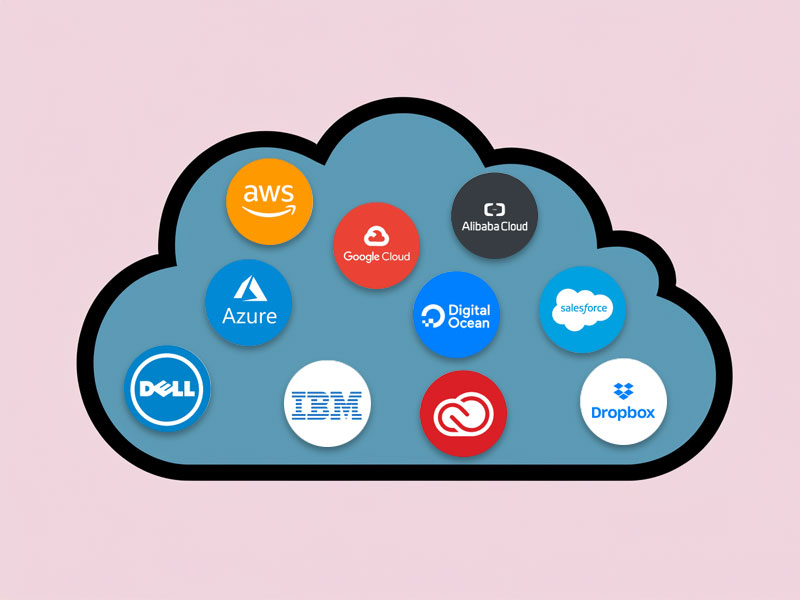Essential Considerations Before Engaging with a Cloud Provider

Choosing the right cloud provider is a pivotal decision for businesses looking to harness the power of cloud computing. With a plethora of providers in the market, it’s vital to carefully assess and confirm certain aspects before committing to a cloud provider. Here’s a detailed guide to the essential considerations that organizations must bear in mind to ensure a secure and successful cloud computing journey:
1) Security and Data Privacy:
Security must be at the forefront when selecting a cloud provider. Confirm that they have stringent security protocols, such as data encryption, access controls, and regular security assessments. Familiarize yourself with their data privacy policies and ensure they comply with relevant laws like GDPR or HIPAA, depending on your sector. A provider’s transparent stance on security and data privacy reflects their dedication to protecting your confidential information.
2) Reliability and Service Level Agreements (SLAs):
Look for a provider that assures high reliability and constant availability. Scrutinize their SLAs to comprehend their uptime promises and possible compensation for service interruptions. Opt for providers with a proven reliability record, redundant systems, and disaster recovery plans. A dependable provider is key to continuous access to your applications and data.
3) Scalability and Performance:
Evaluate your organization’s scalability needs and determine whether the provider can fulfill them. Seek providers that provide adaptable scalability options, enabling resource adjustments based on your requirements. Also, assess the provider’s network efficiency, latency, and bandwidth to guarantee the best performance for your applications and users. Scalable and high-performing cloud infrastructure is essential for supporting business expansion and offering a flawless user experience.
4) Data Backup and Recovery:
Data loss or system failures can be catastrophic. Confirm that the provider has solid backup and disaster recovery strategies. Understand their backup frequency, retention rules, and recovery time objectives (RTOs) to ensure proper data protection. Ask about their recovery procedures and test their data restoration capabilities. A trustworthy backup and recovery plan are vital for risk mitigation and minimizing downtime.
5) Compliance and Regulatory Considerations:
Different sectors have unique compliance demands for handling sensitive data. Make sure the cloud provider complies with relevant industry regulations and assess their certifications like ISO 27001 or SOC 2 to validate their adherence to best practices. Collaborating with a compliant provider ensures secure data handling in line with applicable laws.
6) Customer Support and SLA Responsiveness:
Examine the provider’s customer support abilities, including their support channels, response times, and access to technical experts. Review their SLAs for support responsiveness to align with your business necessities. Timely and efficient customer support is crucial for issue resolution and a smooth cloud computing experience.
Conclusion:
Before committing to a cloud provider, it’s essential to validate their security, reliability, scalability, backup and recovery practices, compliance standards, and customer support capabilities. A thorough examination of these factors will guide you in selecting a provider that aligns with your business needs, offering a secure and effective cloud computing environment. By making well-informed choices, you can enjoy the advantages of cloud computing while minimizing potential risks and fostering a successful collaboration with your chosen provider.
CO-FOUNDER & TECHNICAL LEAD
Experienced Senior Software Engineer with a demonstrated history of working in the telecommunications industry. Strong engineering professional skilled in Erlang, Elixir, Python, Java, C, Enterprise Software, VoIP, Linux.
